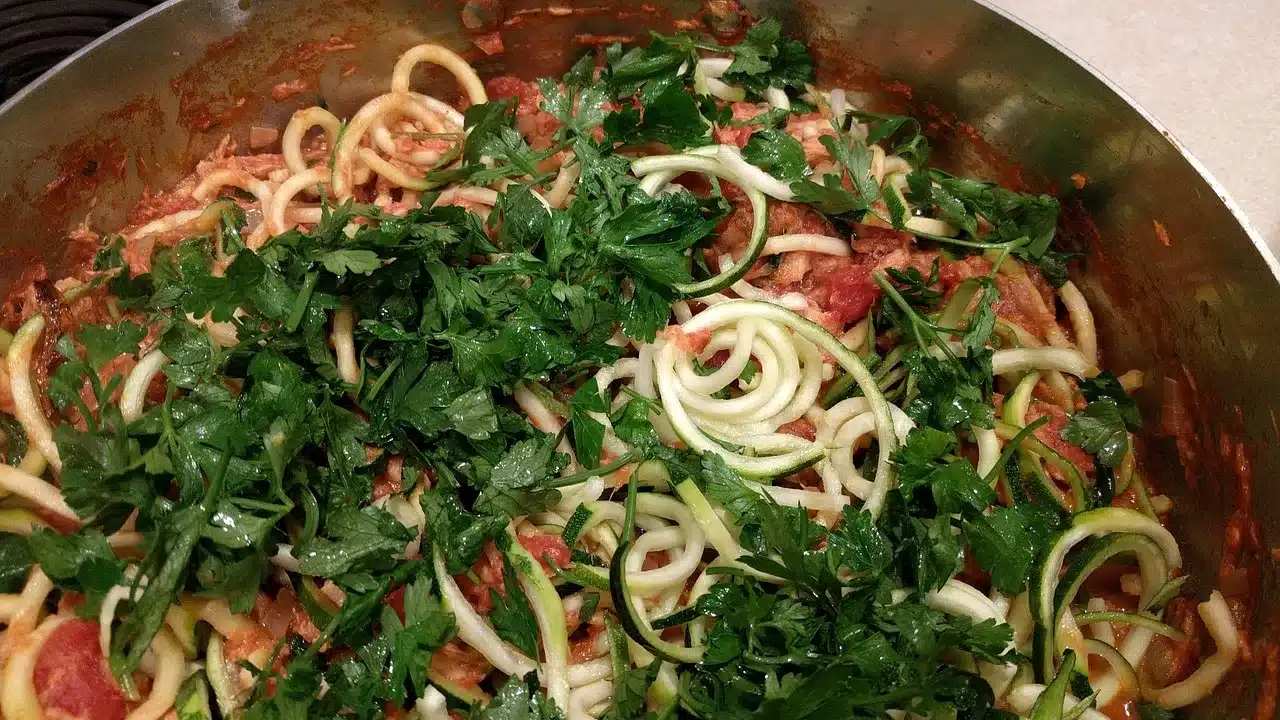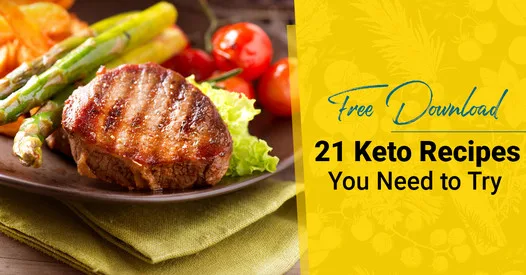Embarking on a keto diet journey can sometimes feel like navigating a dietary minefield, especially when it comes to beloved breakfast choices like oatmeal. In “Keto-friendly Alternatives for Oatmeal: What Can I Substitute on My Keto Diet?” you will find an insightful guide that unfolds a range of lip-smacking substitutes that keep your daily carb intake in check while ensuring you never have to miss out on your morning oatmeal ritual. It’s an ingenious solution to align your oats cravings with your ketogenic lifestyle without compromising on taste or nutritional benefits. Buckle up as you get ready to explore a new side of your keto diet regime!
Understanding the Keto Diet
What is a ketogenic diet?
The ketogenic diet, or keto as it is popularly known, is a dietary regimen that prioritizes certain types of foods in order to trigger natural metabolic processes in the body. To be precise, a ketogenic diet means eating high amounts of healthy fats, moderate amounts of protein, and very low volumes of carbohydrates. This distinctive balance is hinged on a biological state known as ketosis, which will be explained in the next segment.
How does it work?
You may ask, how does a keto diet really work? When you follow a ketogenic diet, your body enters a metabolic state known as ketosis. This process occurs when you drastically decrease your carbohydrate intake and replace it with fats. In this state, your body becomes incredibly effective at burning fat for energy. It also converts fat into ketones in the liver, which provide energy for the brain.
What foods are allowed and not allowed on Keto?
Keto-approved foods are those that are high in healthy fats and low in carbohydrates. They include meat, fish, eggs, butter, cheese, nuts and seeds, healthy oils, avocados, and low-carb vegetables. Foods that are not suitable for keto are sugary foods, grains and starches, fruits, beans and legumes, root vegetables, condiments and sauces that contain sugar, and unhealthy fat.
Why Oatmeal is Not Suitable for a Keto Diet
Carbohydrate content in oatmeal
Why is oatmeal not appropriate for the keto diet? One plausible explanation is the high carbohydrate content in oatmeal. A single serving of oatmeal contains about 27 grams of carbs which is well over the daily carb allowance on a strict keto diet.
Impact on ketosis
Consuming oatmeal in copious amounts can impede the delicate balance required to keep your body in a state of ketosis. The surplus carbs will deter fat burning for fuel, thereby stopping the process of ketosis.
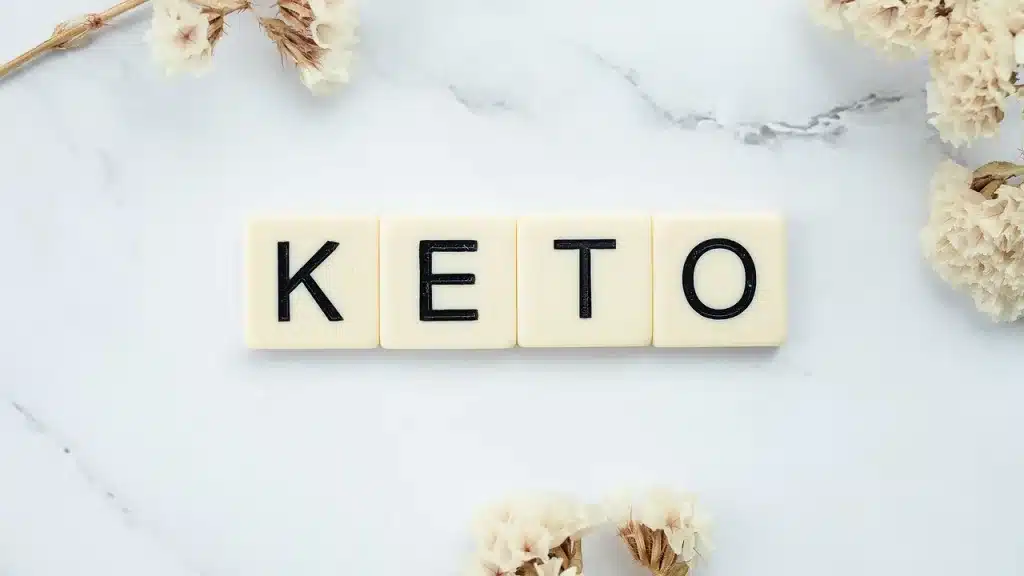
Key Factors in Choosing a Keto-friendly Substitute
Low in carbohydrates
When it comes to finding a suitable substitution for oatmeal on a keto diet, there are some vital factors to consider. First, the alternative must be low in carbohydrates to maintain ketosis.
Rich in fiber
Secondly, your substitute should be rich in fiber. Fiber aids digestion, keeps you full for longer, and can alleviate the common side effects of a ketogenic diet.
High in healthy fats
Thirdly, your keto-friendly substitute should be high in healthy fats. These fats help you reach your macronutrient needs and keep you satiated.
High in proteins
Lastly, a good keto substitute should have a reasonable amount of proteins. Proteins are an essential part of every diet as they aid in muscle repair and growth.
Chia Seeds as an Oatmeal Alternative
Nutritional information of chia seeds
Chia seeds can serve as a remarkable alternative to oatmeal when adhering to a ketogenic diet. They are not only low in carbs but also immensely rich in fiber, omega-3 fatty acids, and proteins.
Ways to incorporate chia seeds into your breakfast
You can effortlessly integrate chia seeds into your breakfast by making a chia seed pudding with almond milk and adding various garnishes and flavors like vanilla, cinnamon, cocoa, or berries.
Benefits of chia seeds on keto
The high fiber content in chia seeds keeps you feeling full and tackles hunger pangs. Plus their high fat and protein content nicely align with your ketogenic diet goals.
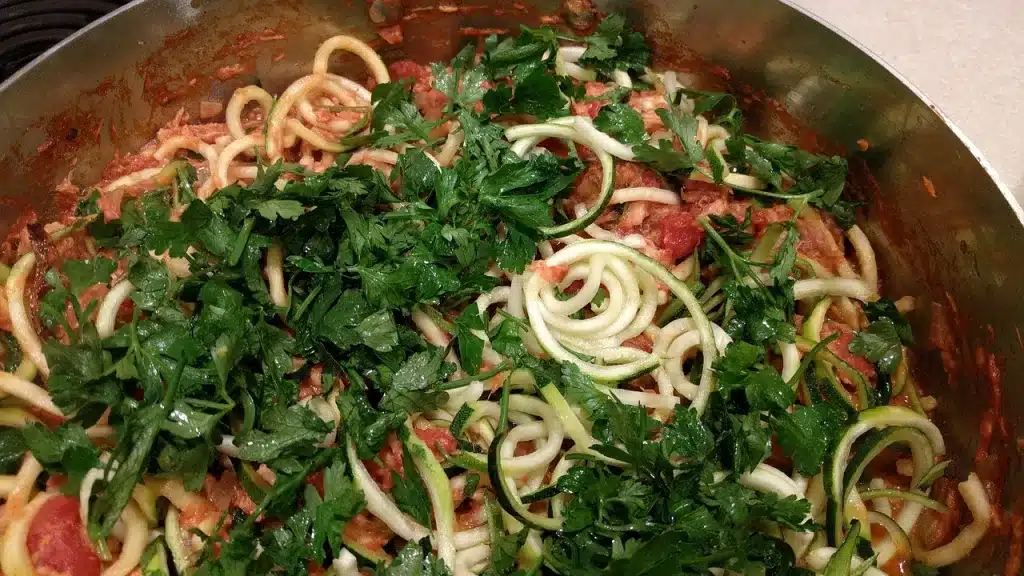
Flaxseed Meal as an Oatmeal Substitute
Nutritional facts about flaxseed meal
Flaxseed meal ticks all the nutritional boxes for a great keto substitute for oatmeal. It is low in net carbs, high in fiber, and an incredibly good source of plant-based omega-3 fats.
How to use flaxseed meal on a keto diet
You can make a tasty and satisfying flaxseed porridge by mixing the meal with hot water, adding a splash of cream, and perhaps some almonds and berries for extra flavor.
Benefits of using flaxseed meal
Consuming flaxseed meal comes with several advantages including aiding digestion, reducing inflammation, and contributing to healthy skin and hair.
Shredded Coconut and Coconut Flour as Oatmeal Alternatives
Carbohydrates and fiber content in coconut
Both shredded coconut and coconut flour are high in fiber and healthy fats but relatively low in carbs, making them ideal keto-friendly oatmeal substitutes.
Recipes using shredded coconut or coconut flour
Use shredded coconut in your keto granola or add coconut flour to your smoothies for a thicker consistency. You can also use it to bake low-carb muffins or bread.
Health benefits of eating coconut on a keto diet
Incorporating coconut into your keto diet can boost your metabolism, support weight loss, and improve heart health due to their high levels of medium-chain triglycerides.

Almond Flour as a Substitute for Oatmeal
The nutritional makeup of almond flour
Almond flour, or its counterpart almond meal, is high in healthy fats and proteins, and low in carbohydrates, hence a perfect choice for an oatmeal replacement on a keto diet.
Preparing breakfast with almond flour
You can use almond flour to prepare low-carb pancakes or porridges. It also works well as a coating for fried foods.
Advantages of almond flour in a keto diet
The perks of almond flour extend beyond its low carb content. It’s a great source of vitamin E, promotes heart health, and aids in controlling blood sugar levels.
Protein Powder as an Oatmeal Substitute
Selecting the right protein powder for keto
When choosing a protein powder, reach for ones with no added sugars or minimal carbs to ensure it fits within your keto guidelines.
Incorporating protein powder into your breakfast
Protein powder is versatile and can be used to make protein shakes, mixed into Greek yogurt, or included in your low-carb pancakes or smoothie.
Perks of using protein powder on a keto diet
Utilizing protein powder on a keto diet comes with several benefits like muscle repair, decreased appetite, and it can also aid in weight loss.
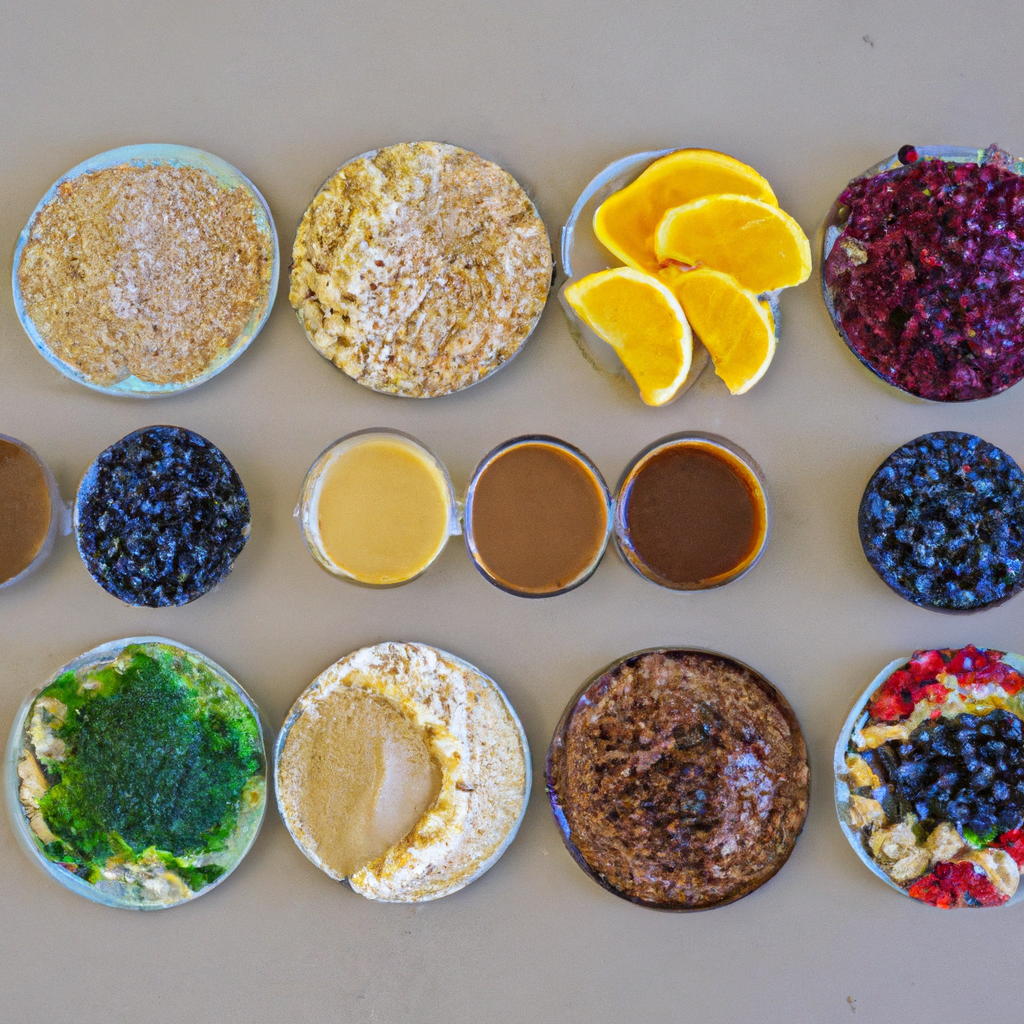
Hemp Hearts for Keto Oatmeal
What are hemp hearts and their nutritional value
Hemp hearts, or shelled hemp seeds, are an excellent source of plant-based protein and fiber, have high levels of omega-3 and omega-6 fatty acids, and yet maintain a low keto-friendly carb profile.
Guidelines on using hemp hearts in place of oatmeal
You can use hemp hearts as a base for your keto porridge, sprinkle them on salads, or add them into your low carb granola or smoothies.
Health gains of adding hemp hearts to your keto diet
Ingesting hemp hearts can boost heart health, diminish symptoms of PMS and menopause, and also improve skin health.
Cauliflower Rice as an Oatmeal Alternative
Nutrition facts about cauliflower
Cauliflower is low in carbs and calories while high in fiber. It’s also packed with several vitamins and minerals, making cauliflower rice a desirable oatmeal substitute on a keto diet.
How to make cauliflower rice suitable for breakfast
Making a savory gruel out of cauliflower rice for breakfast can be an interesting twist. You can add cream, cheese, even some bacon for a hearty start of the day.
Why cauliflower is good for a keto diet
Cauliflower helps boost weight loss while providing necessary nutrients without the extra carbs, making it a staple food on the ketogenic diet.
